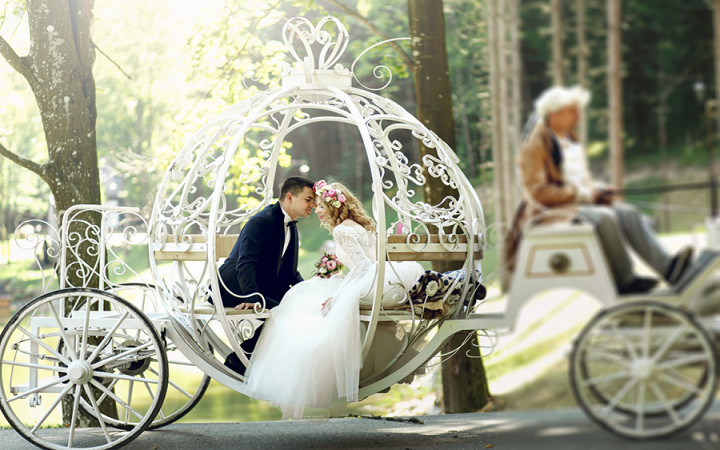Today’s Wonder of the Day was inspired by Hannah. Hannah Wonders, “Is there such thing as Happly ever after” Thanks for WONDERing with us, Hannah!
Have you ever thought about growing up to be a writer? If writing doesn't come naturally to you, that idea might seem a bit intimidating at first. After all, you have to master skills like spelling and grammar.
Beyond the basics, though, you also have to hone your inner creativity. It certainly helps if you have a vivid imagination. Still, there are already so many books that have been written. Are there any new stories to tell?
The blank page can be the scariest part of writing. How do you even begin? Perhaps it was much easier to become a writer back in the days of fairy tales. Back then you at least knew how your story needed to begin: "Once upon a time…"
Throw in a princess in peril, an ogre or two, and a handsome prince to save the day, and you're most of the way there. Come up with some names and put together a few exciting action sequences and you're basically finished. You already know how all good fairy tales end: "…and they lived happily ever after."
Have you ever given that trite ending much thought, though? Do princesses and their princes really live happily ever after? Does anyone? Is it even possible?
Think about it. Are you happy all the time? Even if you're happy most of the time, there are always bad times mixed in with the good. That's just how life works, right?
A fairy tale, like any story, is just a snapshot of a particular series of events. Any author who wants people to continue to read his or her stories will usually opt for a happy ending rather than a sad, tragic, or ending.
Fairy tales obviously aren't like real life, and neither are their endings. "Happily ever after" isn't always true. Life simply isn't that neat and tidy.
Perhaps we need to look at exactly what happiness is. A dictionary might define happiness as joy or a state of well-being and contentment. Psychologists might define happiness as experiencing frequent positive emotions, like joy, pride, or contentment, and infrequent (but some) negative emotions, like sadness, anger, or anxiety.
Although it may be impossible to be happy all the time, some experts suggest we can learn to be happy even when negative events come our way. How we choose to process or react to negative events can influence our happiness.
Some experts call it the power of positive thinking or positivity. Others simply call it optimism. However you label it, the way you approach adversity can have a powerful impact in your life.
When negative events come, some will see them as obstacles. Positive thinkers or optimists will see them as opportunities for change or growth. It may seem like a subtle difference, but if you don't view something negatively, it's less likely to affect your level of happiness.
Psychologists have spent a lot of time researching positivity over the years. Their research has found that optimism tends to be associated with better psychological and physical well-being.
Why? Research suggests that optimists tend to be problem solvers who try to make negative situations better. When that's not possible, they tend to accept reality and move on rather than dwelling on negative outcomes.
Even though "happily ever after" may be just a myth that only happens in fairy tales, that doesn't mean that we can't live mostly happy lives. Look for the good and try to make the best of any situation!





